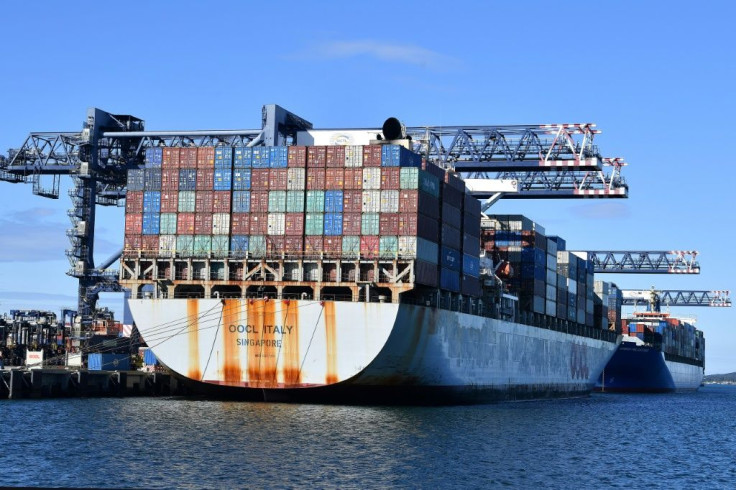Sri Lanka Returns Last Of The Containers Carrying 'Bio-Waste And Body Parts' Back To The U.K.
KEY POINTS
- Though it was listed as used mattresses, customs officials said it contained biowaste
- They alleged that the containers were not chilled, and gave off a powerful stench
- An eco-group went to the court against this, after which the court ordered its return
Following the footsteps of many other Asian countries, Sri Lanka too shipped out the last of 263 containers carrying waste back to its place of origin, the U.K.
The 3,000 tonnes of illegally imported waste arrived in Sri Lanka between 2017 and 2019, and was listed as "used mattresses, carpets, and rugs," reported Al Jazeera.
However, according to Sri Lankan customs officials, the containers contained biowaste from hospitals, including body parts from mortuaries. They alleged that the containers were not chilled, and gave off a powerful stench.
Though a local company claimed they had imported the waste from Britain to recover the springs and cotton from used mattresses, the Customs failed to find any credible evidence of such "resource recovery."
Soon after, an eco group in Sri Lanka approached the court seeking return of the waste to the sender. The petition said the bio-waste was causing damage to the environment and to the health of the general public. It added that the waste was imported without adhering to the terms of the BASEL Convention, as per which Sri Lanka has restricted the import of hazardous waste.
Sri Lanka’s Court of Appeal upheld the petition in 2020, maintaining that the containers had been brought into the country in violation of international law governing the shipment of hazardous waste, including plastics.
Following the decision to return the illegal cargo, the first 21 containers holding medical waste were shipped to the U.K. in September 2020.
“There could be fresh attempts to import such hazardous cargo, but we will be vigilant and ensure that this does not happen again,” customs chief Vijitha Ravipriya was quoted by Al Jazeera.
According to reports, Sri Lanka is the latest of countries in Southeast Asia to return waste from developed countries. While Malaysia returned 150 containers of garbage after they were rerouted to the country following a ban by China, the Philippines, and Indonesia too did the same. China was once the world’s largest buyer of rubbish, but it was banned in 2018.
Sri Lanka has pepped up scrutiny on the contents of the containers after a recent incident wherein two elephants died last month after eating plastic in a landfill. The incident triggered an uproar in the country as contaminated plastic and rubbish often end up in landfills.

© Copyright IBTimes 2025. All rights reserved.




















